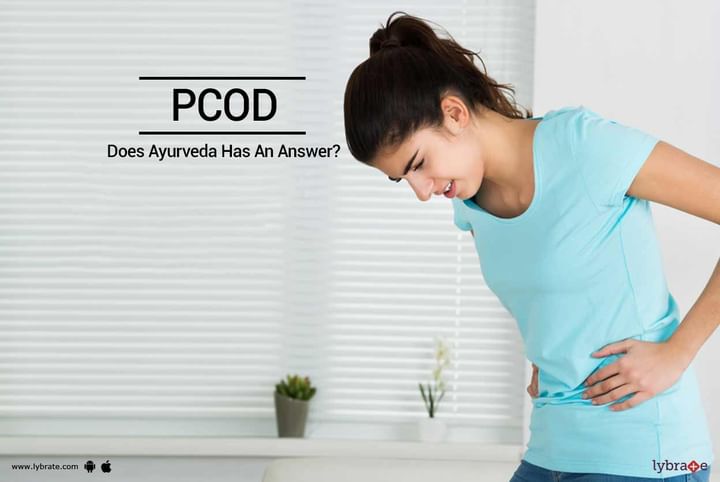PCOD - Does Ayurveda Has An Answer?
PCOD stands for polycystic ovarian disease and it is a disorder associated with women of middle age or younger. There is a sense that the condition is being reported increasingly in the past few years. The appearance of multiple cysts on ovaries which leads to the menstrual cycle being disturbed, more or less describes this gynaecological disorder. The immediate fallout of PCOD is that it can result in infertility and that causes more anxiety among married women. Unfortunately, such anxiety can worsen their chances of conceiving. They must subject themselves to proper diagnosis and treatment.
Symptoms and Diagnosis
A typical PCOD patient may suffer from an enlarged ovary and therefore it produces excess of androgen and estrogenic hormones. Experienced gynaecologists usually understand the condition through interaction with the patient and after listening to the medical history, particularly relating to their menstrual cycle. The incidence of the condition in obese women is more frequent and the excess levels of androgen etc. as described above will also leave a few symptoms. Blood tests or pelvic exam is conducted by the doctor to confirm the phrase of PCOD.
Treatment for PCOD
Under Ayurveda, the PCOD condition is seen as an imbalance in the rasa and rakta dhatus. The multiple layers of cysts are also explained as the accumulation of impurities and toxins in the system. The predominant underlying cause and therefore the treatment under Ayurveda relates to the food consumed and lifestyle adopted by the affected women.
From the food intake perspective, the advice is to switch to low-fat milk and drink only boiled milk.The PCOD affected women should consume fruits, preferably the lighter varieties which can be easily digested and have less sugar content, such as apples, oranges, etc. Besides these a kind of vegan diet with an abundance of green vegetables and whole grains is also recommended.
Advised Lifestyle Changes
Ayurveda also combines instructions on certain simple changes being brought about in the normal lifestyle of PCOD patients, which can be applicable to others also. One is to avoid stress and reduce the levels of anxiety. While remaining active, excessive physical strain must be completely avoided. Women diagnosed with PCOD must strictly refrain from consuming alcohol and smoking and drug intake should also be fully avoided. These can have a direct impact on the menstrual cycle.
Whenever a women diagnosed with PCOD has been found to have excess body weight, the doctor may put them through a simultaneous weight loss programme, without harming the physical condition of the woman in any manner. Once the PCOD condition is treated and the ovary is restored to its original form, the woman can pursue a separate line of treatment for ovulation and pregnancy where such intentions exist.
Ayurvedic Panchkarma therapy including Abhyangam, Shiridhara and Basti Chikitsa is very effective. Ayurvedic medicine to restore hormonal imbalances is better substitute.



+1.svg)
